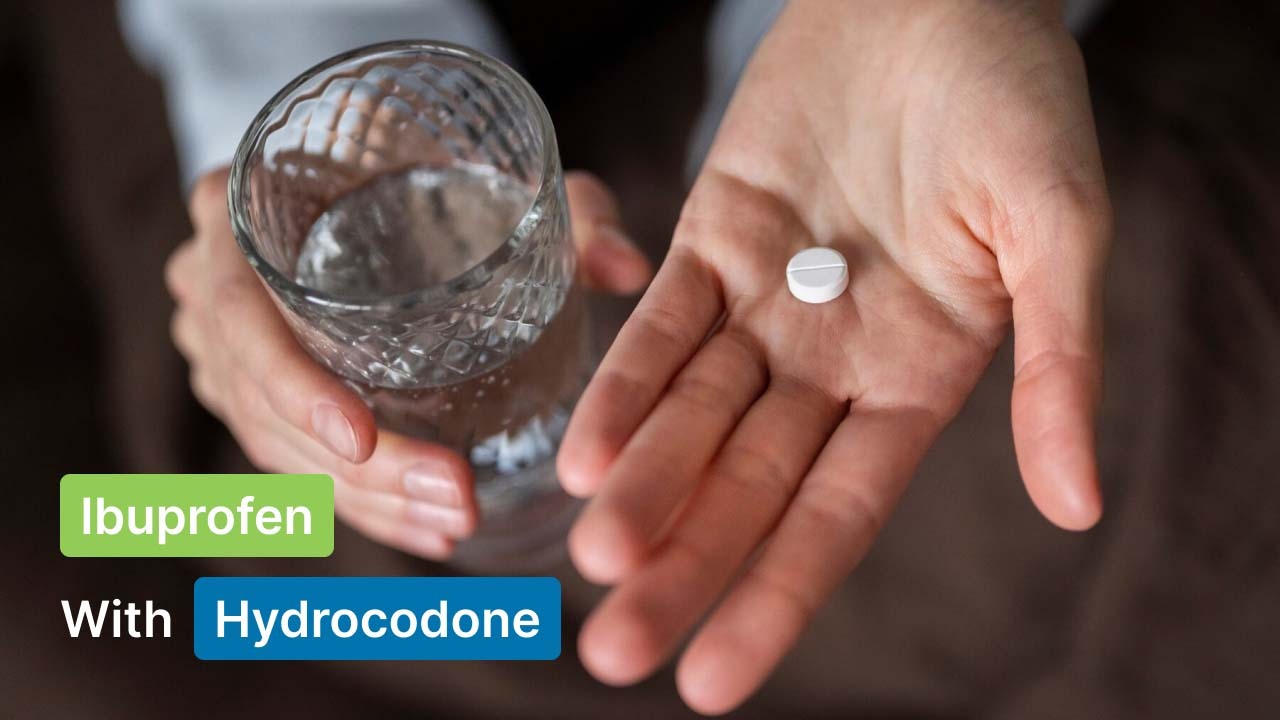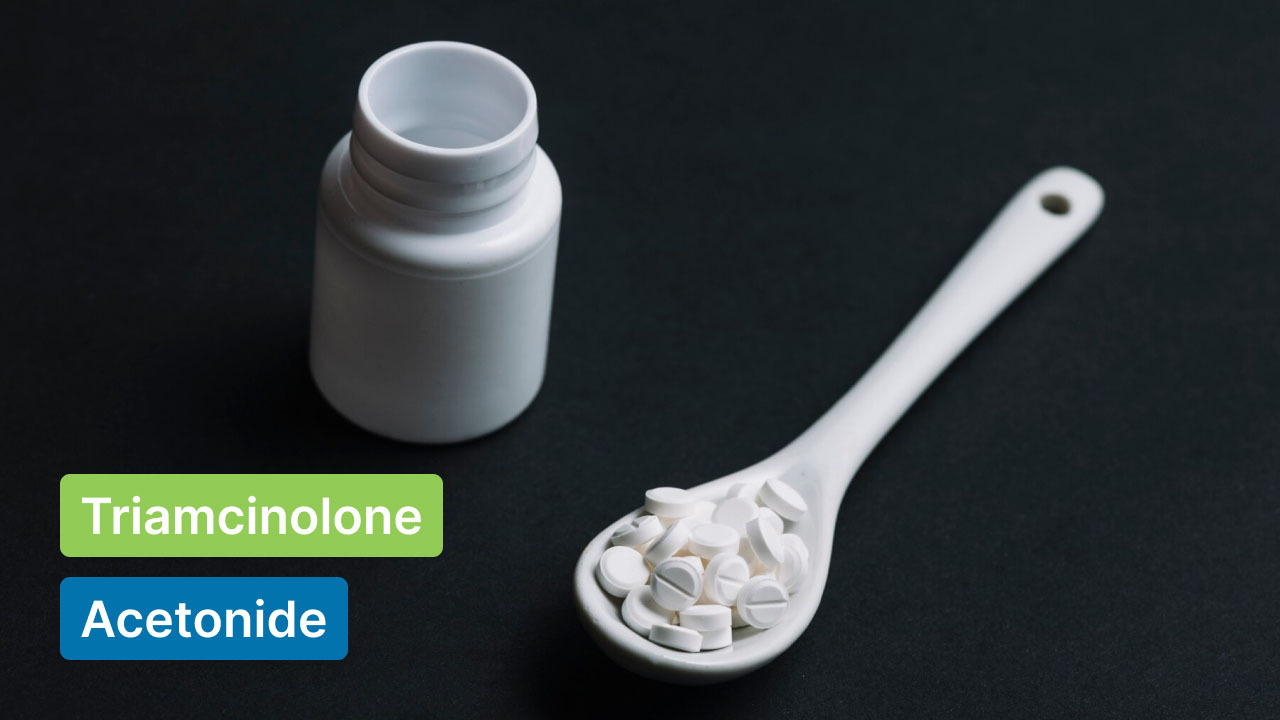
Modern medicine is one of the wonders of the present-day world. Historically fatal diseases have become nothing more than minor annoyances over the last century. This is largely due to the advancements made in the pharmaceutical industry to develop effective treatments for various life-threatening diseases.
Apart from physical diseases, pharmaceuticals have made rapid advancements in treating neurological disorders through the use of stimulants, which can help develop cognitive abilities and repair nerve cells.
Adderall is one such wonder drug. Not only is it extremely effective in improving cognitive functions, but it also treats neurological disorders sustainably. However, its ability as a stimulant has made it prone to illicit use.
This article explores Adderall’s medical applications, as well as its various clandestine uses. While we do not condone such illicit use, this article provides a detailed explanation of the ways this drug is used, as well as how long it takes for Adderall to be detected by your body before it passes your system.
What is Adderall?
Adderall is the brand name that refers to a combination drug known as mixed amphetamine salts. It is made by mixing equal parts of racemic amphetamine and dextroamphetamine.
This results in a 3:1 mixture of two enantiomers of amphetamine, dextroamphetamine, and levoamphetamine. These enantiomers are stimulants and give Adderall a distinct effects profile compared to other amphetamine salts.
Adderall, in appropriate doses, can stimulate both the mind and body, enhancing alertness and performance. It is also reported to have a euphoric effect in certain doses.
Adderall is a prescription drug, primarily used to treat neurological disorders like ADHD and narcolepsy. It is an effective treatment option for these disorders and is found to enhance cognitive function over time.
Being a stimulant, Adderall is notorious for the effects it produces when used illicitly, such as an enhancer for athletic performance, a suppressant to curb one's appetite, and a substitute for a euphoriant.
Medical Application for Adderall
Adderall is a prescription drug that is effective in treating neurological disorders like:
ADHD –
Attention Deficit Hyperactivity Disorder, or ADHD, is a neurological disorder that causes excessive inattention, hyperactivity, and impulsivity.
One of the causes of ADHD is the lack of sufficient dopamine in the frontal lobe of the brain. The lack of dopamine can cause one to seek external stimulation, resulting in impulsiveness and a shorter attention span.
Adderall is used to treat ADHD and works by changing the proportions of certain substances in the brain to improve cognitive function. Adderall stimulates the nervous system to increase dopamine levels in the frontal lobe. This can help those who suffer from ADHD to focus better.
Several studies have found Adderall to be an effective drug to drastically reduce core symptoms (like hyperactivity, inattention, and impulsivity) and treat ADHD over time.
Narcolepsy –
Narcolepsy is a neurological disorder that affects one’s sleep cycle. It is a long-term disorder that gradually reduces the patient’s ability to regulate their circadian rhythm.
It is characterized by a decrease in sleep quality and excessive daytime sleepiness, which can sometimes lead to bouts of involuntary sleep.
Adderall is used to treat narcolepsy, regulating daytime drowsiness by increasing alertness which, in turn, leads to improved sleep at night.
When taken in therapeutic doses prescribed by the doctor, Adderall can improve brain development and nerve growth. It can also correct any abnormalities in the brain over time.
Illicit Uses of Adderall
Stimulant drugs, like Adderall, are typically abused for their invigorating effect. Adderall is used as an illicit drug, as a way to:
a). Enhance cognitive function –
Some clinical trials have found that, when taken at therapeutic doses, Adderall conclusively improves cognition in parameters such as working memory, inhibitory control, episodic memory, attention span, and alertness.
This drug is also particularly notable for its ability to increase motivation to perform and complete tasks, increase the perception of end-goal rewards as opposed to focusing on the process of work, and reduce the perception of work stress, which results in a more driven, goal-oriented approach.
This makes Adderall useful for increasing performance on tasks deemed to be boring, like preparing for exams as a student. Adderall is a common medication used by students to enhance their academic performance.
While helpful in therapeutic doses, it can also cause impairment of the same cognitive functions, when taken in excess.
b). Enhance physical performance –
Adderall is highly coveted for its ability to improve performance with regard to sports. The cognitive benefits are extremely useful in competitive, professional sports.
Apart from this, Adderall also improves endurance and delays the onset of fatigue. The subsequent benefits of Adderall-induced alertness translate to improved reflexes in physical activity.
Adderall also can increase energy output in the body by increasing the anaerobic breakdown of fat cells.
While Adderall can help enhance athletic performance in low, controlled doses, it can lead to serious conditions like rhabdomyolysis (Rapid muscle loss) and hyperthermia (Excessive increase in body temperature) if the dosage, or usage, is abused.
Because of its numerous side effects (when taken improperly), the use of Adderall has been banned in various sporting events like the National Football League (NFL), Major League Baseball (MLB), and the National Basketball Association (NBA).
c). Suppresses appetite –
Another side effect of Adderall is that it can limit appetite and improve metabolism. These benefits, combined with the effect of stimulating and increasing the body's anaerobic energy production, make it highly susceptible to misuse of the medication as a weight-loss drug.
While Adderall might help decrease appetite and improve metabolism, studies also show that regularly consuming Adderall leads to developing an eating disorder, which can lead to other adverse health issues.
d). Recreational drug –
Adderall is widely abused as a recreational drug due to its ability to stimulate euphoria by releasing hormones like dopamine, epinephrine, and norepinephrine. This is also known to stimulate libido and is often used as an aphrodisiac as well.
Adderall tablets can be swallowed, snorted, or mixed with a beverage to drink. Its use as a recreational drug is associated with increased risk factors of overdose. Long-term use of Adderall, for this purpose, can have adverse effects on the cognitive function of its users.
Adderall and stimulant use disorder
Stimulant use disorder is a type of substance use disorder characterized by the non-medical and illicit use of prescription drugs that act as stimulants.
Stimulants are easily available in the form of prescription drugs and are subsequently used as recreational drugs by smoking, snorting, eating, or drinking them.
Adderall is, similarly, a stimulant used for recreational purposes. Long-term use can lead to developing a dependency on the drug, which could cause stimulant use disorder.
Long-term use and addiction, ultimately, lead to other adverse health conditions and cause the user to go through drastic physiological changes and reduced quality of life.
Misusing Adderall for recreational purposes can put you at serious risk of developing addiction or stimulant use disorder and can result in irreparable damage across various aspects of life, like health, cognition, and social life.
Adverse effects of Adderall use on the body
When taken in appropriate doses, as recommended and monitored by your healthcare provider, Adderall can have many positive effects on your cognitive functions.
However, when taken in excess, and without the supervision of a healthcare provider, it can lead to side effects that can range from mild to severe, like:
- Headache
- Restlessness
- Dizziness
- Change in libido
- Dehydration
- Hypothermia
- Anxiety
- Panic attacks
- Hyperventilation
- Increased heartbeat
- Breathing difficulty
- Mania
- Paranoia
- Aggressive behavior
- Numbness in limbs
- Excessive and rapid muscle loss
How long does Adderall stay in your body?
When you take Adderall, the body absorbs it in your gastrointestinal tract, breaks it down in the liver, and excretes it through urine.
Adderall may be detected for varying periods post your last dosage, depending on the type of test used to check for its presence.
Blood:
It is possible to detect Adderall in a user’s blood up to 46 hours after the last use. This can be easily accomplished using a blood test.
Urine:
The body discharges Adderall through urine and, therefore, may be detected for a longer period in the egesta. It can take a minimum of 48 hours, and up to 76 hours, for the body to dispose of Adderall through urine.
Hence, it may be detected in your body for 76 hours from your last dosage through a urine test.
Saliva:
A saliva test can show the presence of Adderall for a period of 50 hours from your last consumption.
Hair:
Hair testing for drugs can detect Adderall till 3 months after your last dosage.
Factors that can affect how long Adderall stays in the system
i). Body Composition:
Higher body fat levels can lead to a slower metabolism of Adderall, leading to a longer presence in heavier-set individuals for a longer period.
ii). Metabolism:
If you have a faster metabolism rate, Adderall will be discharged by your body faster than the average person.
iii). Dosage:
Higher doses of the drug can take a longer time to be metabolized by the body. A higher dose may take a longer time to expunge from your body.
iv). Age:
The ability to metabolize drugs decreases with time, resulting in Adderall taking a longer time to be completely expelled from your body.
v). Organ function:
The gastrointestinal tract, liver, and kidneys are crucial for metabolizing Adderall in the body. When these organs are healthy and functioning optimally, Adderall leaves your body faster.
Conclusion
Adderall is an extremely useful prescription drug when used appropriately in therapeutic doses, with the guidance of a healthcare provider.
However, it can have adverse effects when self-medicating. We urge readers to pay close attention to this information to avoid the illicit use of Adderall.
If you are someone who has used Adderall for non-medication purposes, especially long-term, reach out to your healthcare provider and seek the help of your loved ones to overcome such illicit use.
Be mindful of the fact that abusing this medication can lead to stimulant use disorder and addiction.
Modern medicine and prescription drugs are a boon and not a bane when consumed correctly. Use them wisely.
FAQs
Q1: How long is Adderall detectable in drug tests?
Ans: Adderall may be detected in a blood test for up to 46 hours, in a urine test for up to 72 hours, in a saliva test for up to 50 hours, and up to 3 months in a hair test, since last use.
Q2: What are the illicit uses of Adderall?
Ans: Adderall is a prescription drug that is abused for its ability to act as a stimulant to the nervous system. It is illicitly used as a cognitive enhancer, athletic physical performance booster, appetite suppressant, and recreational drug.
Q3: What are the medical applications of Adderall?
Ans: Adderall is a prescription drug that is effective in treating neurological disorders like ADHD and narcolepsy.
Q4: Is it safe to use Adderall to enhance cognitive or athletic performance?
Ans: While Adderall can offer benefits for cognitive and athletic performance when taken in a healthcare provider dosage, it causes adverse side effects when self-medicated. It can seriously affect cognitive functions when taken in excessive doses. Long-term self-medication of Adderall can lead to stimulant use disorder and addiction.
Read Also:










